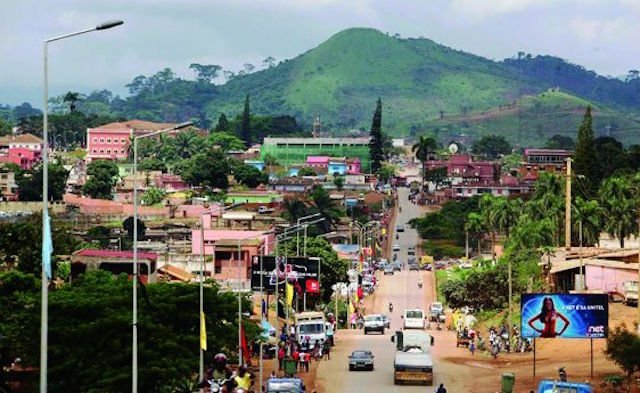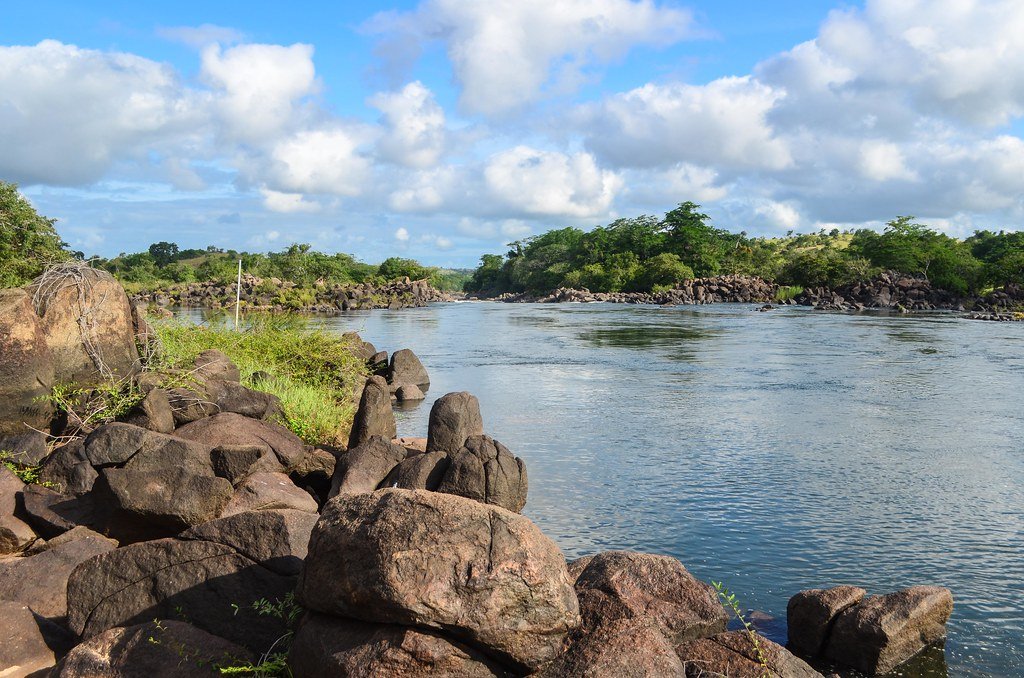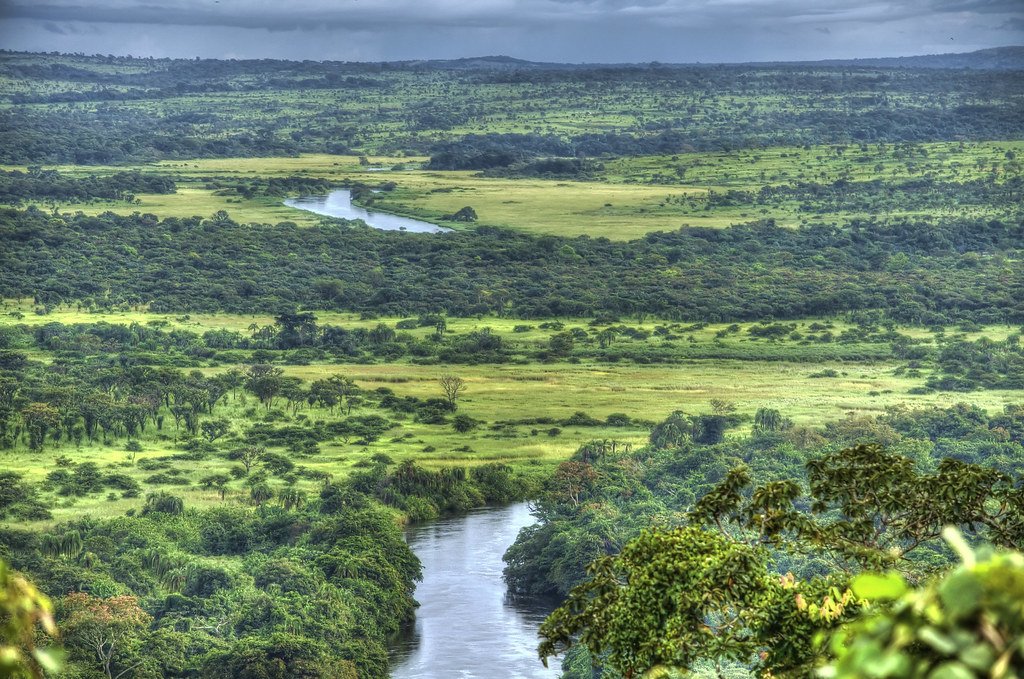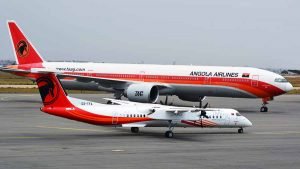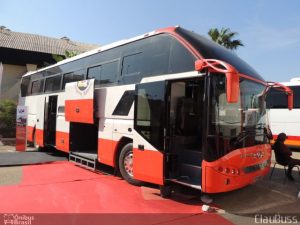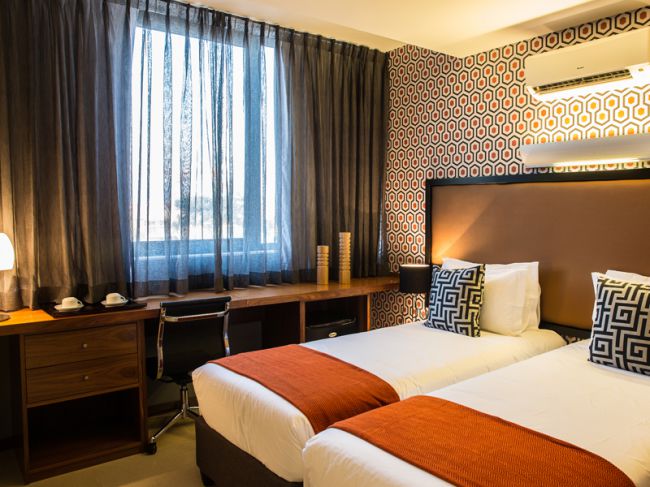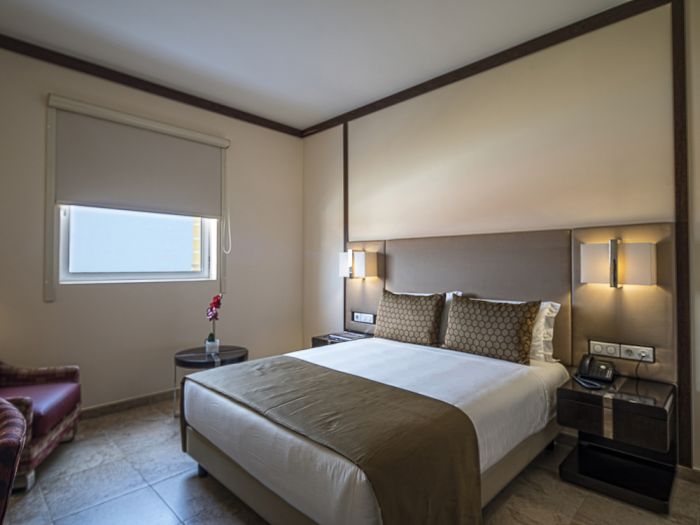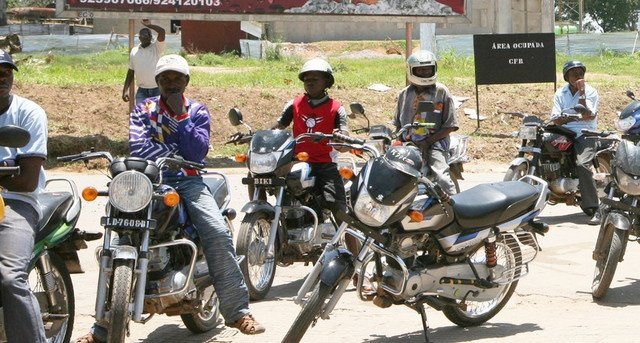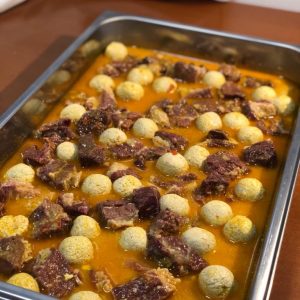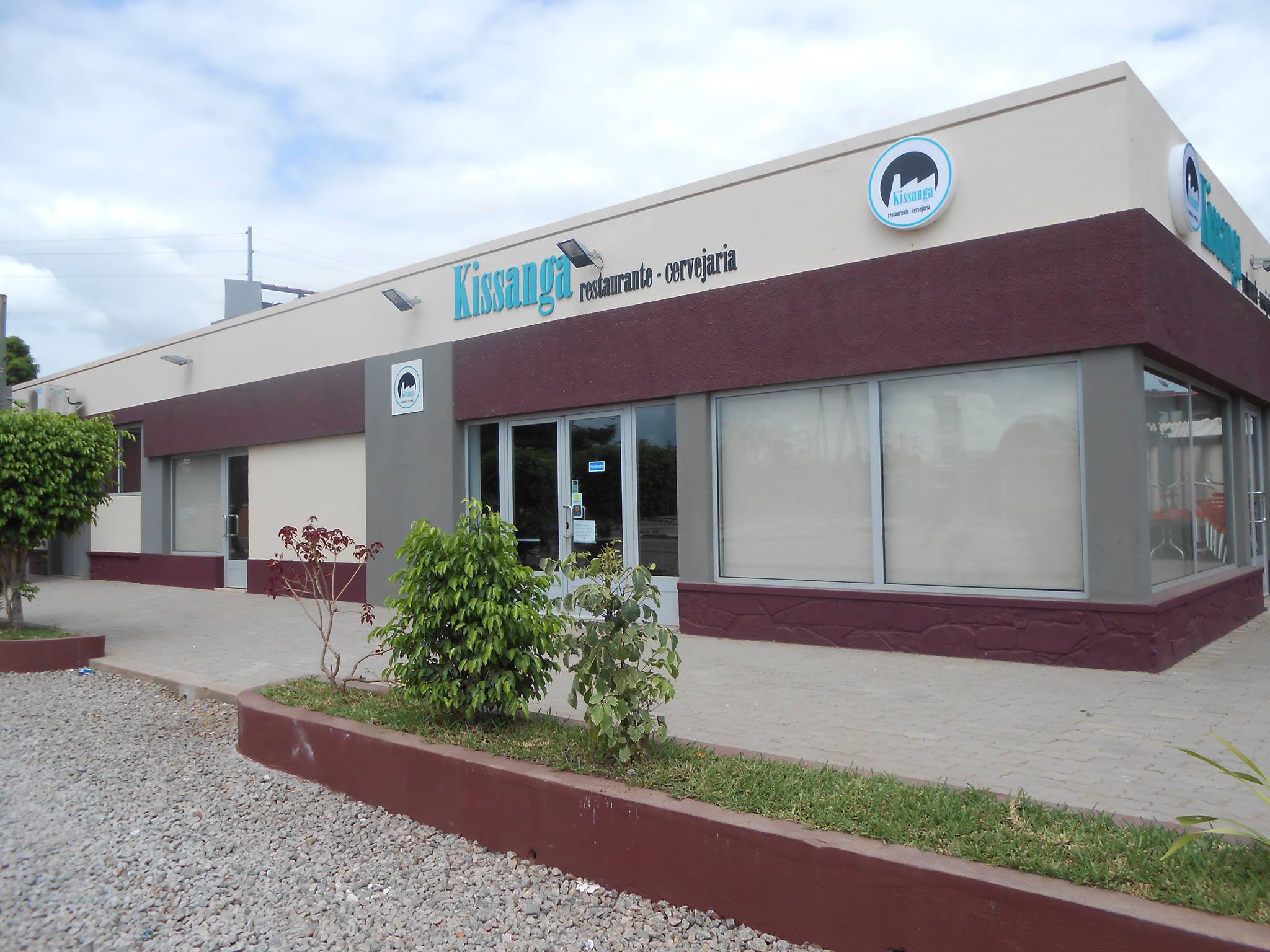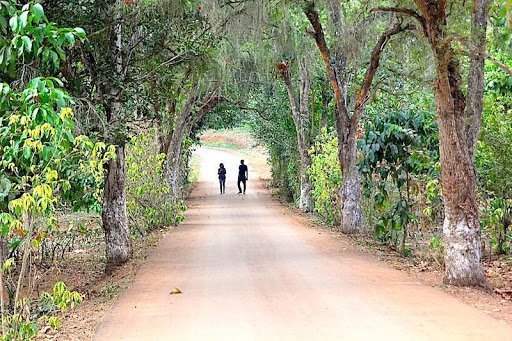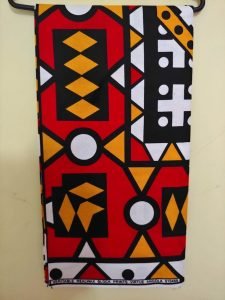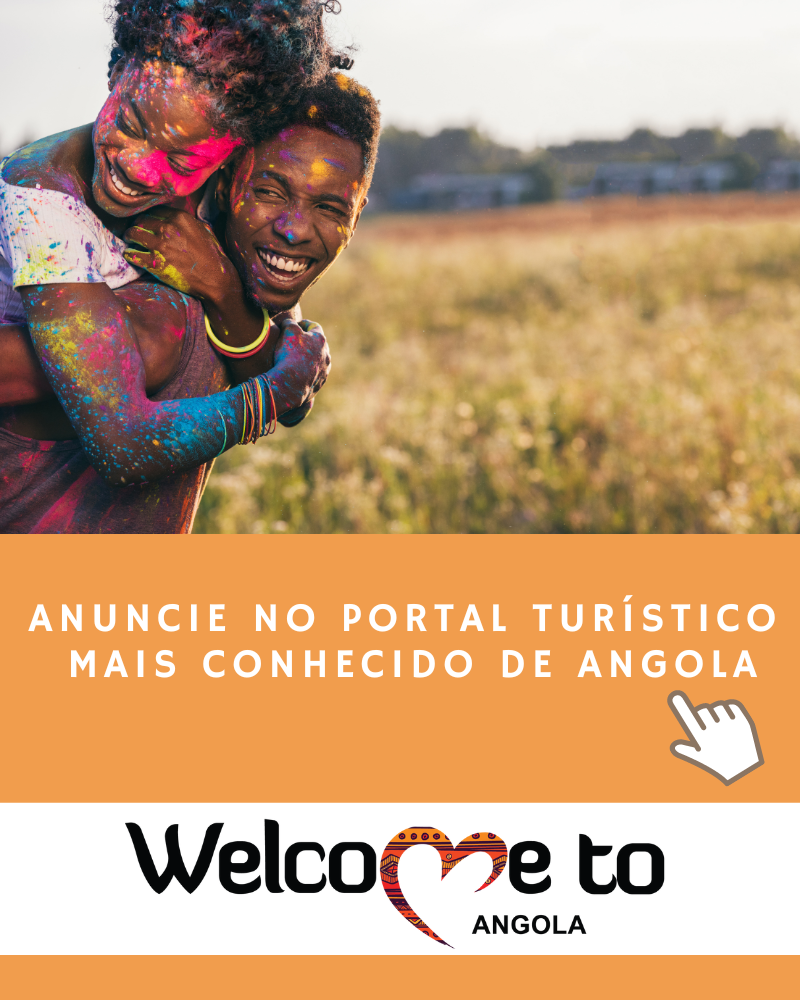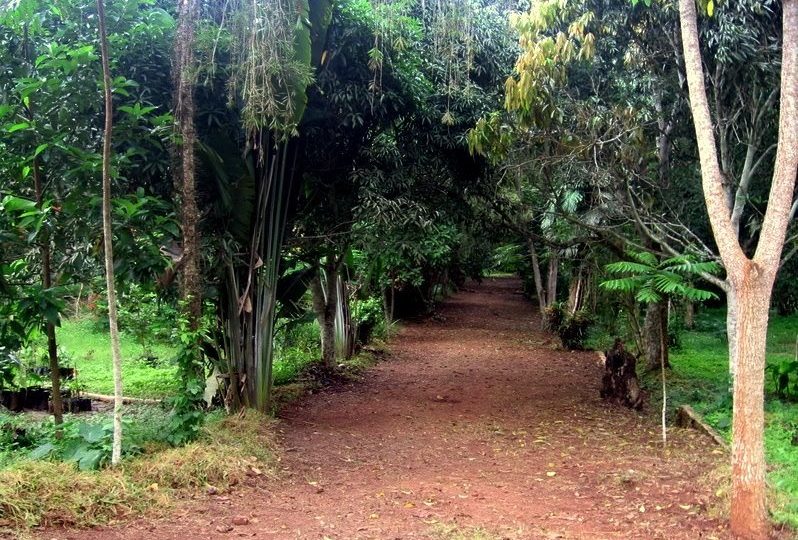- Ndalatando city
History
The province of Kwanza Norte is located in north-central Angola, having as its capital Ndalatando (formerly Golungo Alto district) which is located in one of the province's municipalities (Cazengo) . Historically speaking, the province of Kwanza Norte took on the status of a province in the early 17th century, after the former Golungo Alto district was recreated and renamed Kwanza (in 1914).
The district was created after the war, in the process of reconquering Angola for peace. The division of Golungo Alto led to the creation of the district of Dembos, which in 1810 gained the status of province of Bengo. However, it was not until 1917, after the conquest for peace and the restructuring of the country, that the district of Kwanza was divided into two provinces, namely the province of Kwanza Norte and the province of Kwanza Sul.
Geography and Demographics
- Total Area - 24,110 Km2
- Population – 427,971
- Average Temperature - 23°C
- Climate – Wet Tropical
- Official language – Portuguese
- Traditional language – Kimbundu / Mbundu
- Ethnic Group: Ambundus
With more than 400 thousand inhabitants, bathed by the largest Angolan river (Kwanza) and by the Lucala river, the province has 10 municipalities namely: Ambaca, Banga, Bolongongo, Cambambe, Cazengo, Golungo Alto, Gonguembo, Lucala, Quiculungo, Samba Caju.
- Kwanza River
- Lucala River
the province of North Kwanza it borders on the north with the province of Uíge, on the south with the province of Kwanza Sul, on the west with the province of Bengo and on the east with the province of Malanje. Visiting the province of Kwanza Norte, you will have the opportunity to discover one of the country's natural wonders, the Kwanza River, which is the longest river in Angola.
How to get
The province of Kwanza Norte is served by several national roads that connect Luanda to the cities of Dondo and Ndalatando, in another point the cities of Uíge, Lucala, and another national road that allows communication with the provinces of Malange, Saurimo and Luena .
By Plane
For domestic flights you can use: TAAG Angola Airlines it has regular flights, which can take you to 13 of the 18 provinces of Angola including the province of Kwanza Norte. Arriving in the province, you will disembark at Comandante Ngueto Airport (7km from Ndalatando) where you will be close to some options of transport services to take you to the place where you will stay.
- TAAG Angola Airlines
By Bus
Access by road has been improving and the journey from Luanda in this way is pleasant due to the beautiful landscape and panoramic view that Angola has. So if traveling by plane is not your first option, you can travel by bus (approximately 3 hours); The Macon Transport and the Angoreal Limited are our most reputable interprovincial bus service companies to safely transport you to most of Angola's provinces.
- AngoReal
Where to stay
For accommodation options, the province of Kwanza Norte has several options that make your stay pleasant. You will find lodges, resorts, hotels, guesthouses, etc. For this reason, depending on your preference, Welcome o Angola suggests you visit the websites Angola Hotels Or the Skyscanner who have great suggestions of where to stay in addition to the options that will be left below:
- Hotel Terminus Ndalatando
- IU Hotel Ndalatando
Transport
You won't have any problems to get around, as the options fit all budgets:
Rent-a-car services - Car Hire;
Public transportation: Optionally, you can also explore the option of the blue and white taxis that circulate around the city. Note that, when using these cars without knowing the city, you should carefully seek the help of the driver (collector), the driver or someone who is sitting next to you. The Angolan people are very welcoming and always ready to help.
- Motorbike taxi service in Kwanza Norte
Typical dishes & where to eat
The typical dishes of Kwanza Norte are characterized by corn funge (which is often treated with mush), bombó or massango, which are accompanied with beans, game meat (dry or fresh), fish from the river water and kizaca.
- Dry meat sauce with mutet
In the search to taste the best typical dishes with flavors from the land, if you come from far away, we recommend that you visit the following places:
- Cristal Restaurant (Ndalatando);
- Kissanga Restaurant;
- Tia Fernanda Restaurant;
- Kissanga Ndalatando Restaurant
For more information visit the partner website Luanda Nightlife
What to do
- Centro Horto Botanico, Ndalatando. Angola Network Image
The province has a tourist potential with a favorable environment for the development of ecotourism given the natural wonders of the region. Start by visiting the springs of Santa Isabel which is located 2km from Ndalatando in Sopé do Morro. Take the opportunity to see the falls of the Muembeje River, a tourist spot that receives visits from tourists from all over the world. Still 10 km from the municipality of Cazengo where the water currents crash at a height of 110 meters, forming a green plain.
Additionally, in Golungo Alto you will find the ruins of the Church of Santo Hilário, the waterfalls of Mazalala and the beach of Kiamafulo by the Kwanza River. Be sure to take a tour of the province's industrial park, which is located in the municipality of Cambambe and is particularly strong in the textile and beverage sector.
What to bring in the suitcase
The province of Kwanza Norte is characterized by having a humid tropical climate and irregular temperatures (low and high) are often recorded throughout the year. Given the relativity of climate, it is suggested that you carry a variety of heavy and light clothes in your suitcase for the sake of climatic contextualization.
During the hot season, the climate can reach temperatures above 31°C, due to the incidence of the strong intensity of the sun's rays, the use of sunscreen is recommended, especially for people with sensitivity to the sun.
Additionally, as this is a country that still lives a lot from the informal economy, whenever you go shopping, it is advisable to bring cash to make your payments.
If you are coming from other parts of the world, bring the vaccination card with you, which is requested right at the airport.
Tips for managing your expectations
Just as you can find a lot of good points, there will be times when things don't go as expected. Here are some tips on how to deal with good and bad situations:
- During the festive season or during cultural events, the province of Kwanza Norte is partying. People dress in traditional clothes for the practice of dances (kabetula, rebita, chiamba and others), theater and music. If you visit the province between May and July, our recommendation is that you don't miss out, buy your African costume and join the party;
- When going to some public and private places, you may find people who will provide you with good customer service, but the possibility of finding people with poor customer service as well should not be ruled out. In cases of poor customer service, we advise you to remain calm, simply write your complaint in the space's complaints book and go on your way;
- Greeting people is not a typical gesture of the province, don't be surprised if you greet people and don't respond, however, don't miss out.
What to take home
A tourist visit is not complete without buying something symbolic that reminds you that you visited that place. Here are some tips on what you can take to the souvenir home:
- Given the unemployment rate in the province, people dedicate themselves to making plastic arts and handicrafts as a means of sustenance (what we call earning a living). Our recommendation is that you do not leave the province without buying some pieces of plastic arts and crafts as souvenirs, in doing so you will be contributing to a social cause;
- African clothes with samacaca fabric (the African cloth with the colors of our flag);
- You can also take some local kitutes such as: cassava, sweet potatoes, banana bread and ginguba.
- sackcloth
With this tourist guide you can enjoy a complete visit to the city of Ndalatando. Please let us know if this article was helpful to you in the comments below.
Enjoy it!

